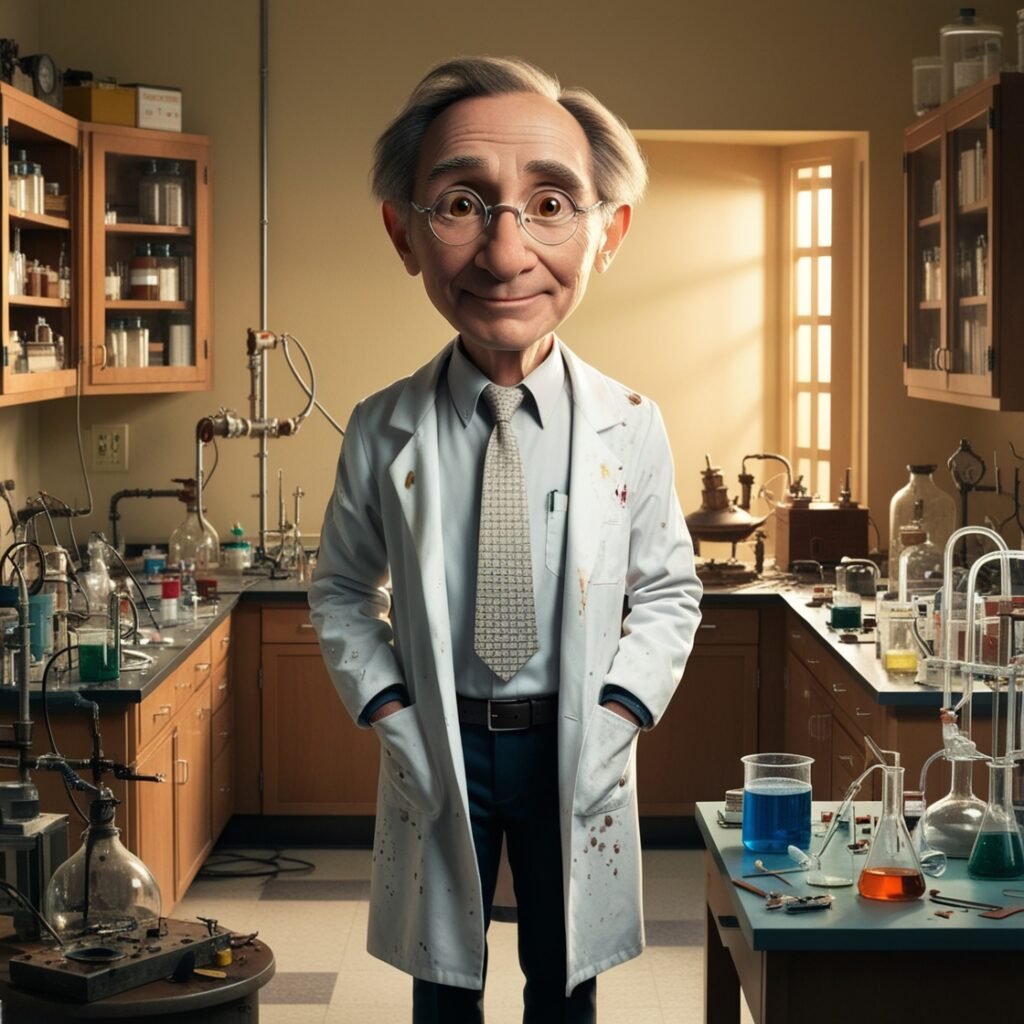Science Career Pathways
What kinds of science careers are available today? With so many options across different fields, let’s dive into the diverse science career pathways out there. We’ll also take a look at the average salaries for these science jobs in the United States.
Scientist
When you think of science, the first profession that probably comes to mind is scientist. Scientists work in various fields like physics, chemistry, biology, and astronomy, and are often referred to as scholars in the natural sciences rather than in engineering. They study and explore natural phenomena and the physical world, conducting experiments and making observations to understand them. From these experiments and observations, they develop new theories and seek to uncover the laws of nature. To succeed in this role, you need a deep sense of curiosity and an investigative mindset for ongoing research, as well as the creativity to tackle and solve new problems as they arise.
Biologist: approximately $80,000 – $90,000
Chemist: approximately $75,000 – $100,000
Reporter: Approximately $90,000 – $120,000
Environmental Scientist: Approximately $70,000 – $85,000
Computer and information scientist: approximately $100,000 – $130,000

Engineer
Unlike scientists, engineers focus on applying scientific knowledge to practical problems. Engineering is all about using scientific principles and mathematical skills to address real-world challenges. Engineers work in various fields such as mechanical, chemical, electrical, and civil engineering. Key traits for engineers include problem-solving abilities, creativity, and attention to detail. Their work is crucial for tackling societal issues and finding practical solutions to the problems we face.
Software Engineer: Approximately $100,000 – $130,000
Mechanical Engineer: Approximately $75,000 – $95,000
Electrical/Electronic Engineer: Approximately $85,000 – $115,000
Chemical Engineer: Approximately $80,000 – $110,000
Civil Engineer: Approximately $70,000 – $100,000
Industrial Engineer: Approximately $75,000 – $95,000
Aerospace Engineer: Approximately $90,000 – $120,000

Civil Servants
Among civil servants, those who specialize in science are experts responsible for developing and revising policies, regulating research, and more. They use their scientific knowledge to benefit the public and work towards the country’s advancement in science and technology, environmental protection, and public safety. Additionally, some civil servants work at national research institutes, performing tasks similar to those of scientists, while others serve as professors within these institutes, teaching and mentoring students.
Environmental Scientist: Approximately $70,000 – $100,000
Health Scientist: Approximately $60,000 – $90,000
Agricultural and Food Scientist: Approximately $60,000 – $90,000
Research Scientist (especially those working in federal labs): Approximately $80,000 – $110,000
Meteorologist: Approximately $70,000 – $110,000
Public Health Officer: Approximately $65,000 – $95,000

Professors and Teachers
Professors and teachers are responsible for teaching science subjects and developing students’ scientific thinking skills. They work in various educational settings, including elementary schools, middle schools, high schools, universities, and graduate schools, to help students understand and engage with science. Teachers are found in elementary through high schools, while professors work at universities and graduate institutions. Common responsibilities include guiding, evaluating, and counseling students. To foster students’ scientific thinking and analytical skills, educators must have a strong grasp of the field and also demonstrate empathy towards their students.
Engineering Professor: $90,000 – $150,000
Computer Science Professor: $100,000 – $160,000
Professor of Medicine: $120,000 – $250,000
Elementary school teacher: approximately $55,000 – $75,000
Middle school teacher: approximately $55,000 – $75,000
High school teacher: approximately $60,000 – $80,000

There are many science career pathways in the field of science. If you’ve chosen to pursue a career in science, you have a wide range of options to explore.